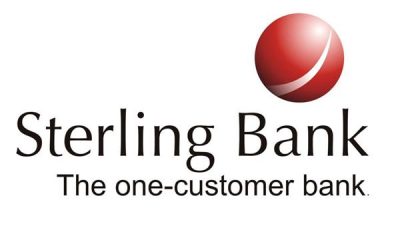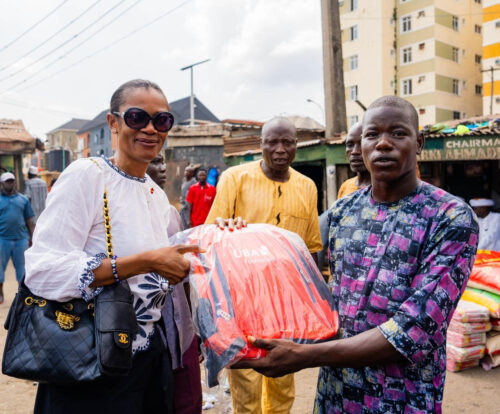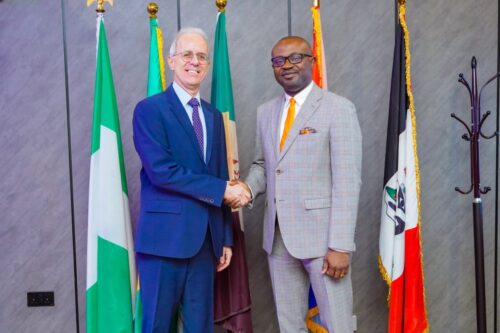- /home/porsch10/public_html/wp-content/plugins/mvp-social-buttons/mvp-social-buttons.php on line 27
https://porscheclassy.com/wp-content/uploads/2016/07/Diamond-bankk2.jpg&description=Global Entrepreneurship Week: Diamond Bank Partners EDC To Boost Entrepreneurial Capacity In Nigeria', 'pinterestShare', 'width=750,height=350'); return false;" title="Pin This Post">
- Share
- Tweet /home/porsch10/public_html/wp-content/plugins/mvp-social-buttons/mvp-social-buttons.php on line 69
https://porscheclassy.com/wp-content/uploads/2016/07/Diamond-bankk2.jpg&description=Global Entrepreneurship Week: Diamond Bank Partners EDC To Boost Entrepreneurial Capacity In Nigeria', 'pinterestShare', 'width=750,height=350'); return false;" title="Pin This Post">
-

 BIG STORY4 days ago
BIG STORY4 days agoPressure Mounts on Omooba Abimbola Onabanjo To Step Down But He Refuses As Political Plot To Capture Awujale Stool Falters
-

 BIG STORY4 days ago
BIG STORY4 days agoFather Of Man Who Killed Mother, Six Children Wants Him Killed Without Trial
-
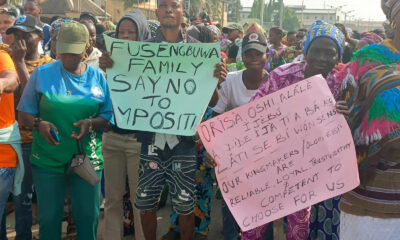
 BIG STORY3 days ago
BIG STORY3 days agoAwujale Stool: Protest Rocks Ijebu Ode Over Imposition Plot
-

 BIG STORY4 days ago
BIG STORY4 days agoICPC To Arraign Ozekhome Monday Over UK Property As Immigration Provides More Forgery Evidence
-

 BIG STORY3 days ago
BIG STORY3 days agoFubara Is APC Leader In Rivers, Wike Has Been Compensated —– Bwala
-
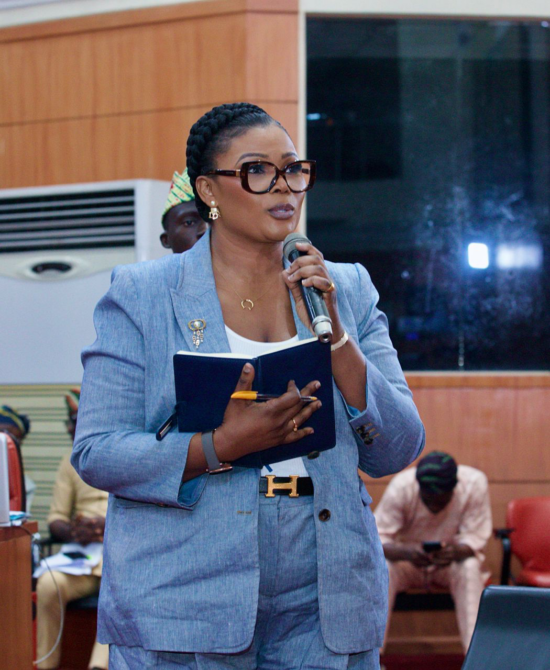
 NEWS3 days ago
NEWS3 days agoLagos Assembly Steps Down LASPA GM Nominee, Confirms Others
-
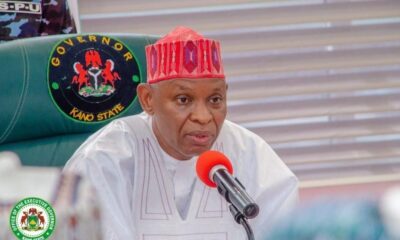
 POLITICS3 days ago
POLITICS3 days agoBREAKING: Kano Gov Dumps NNPP With 21 Lawmakers, LG Chairmen
-
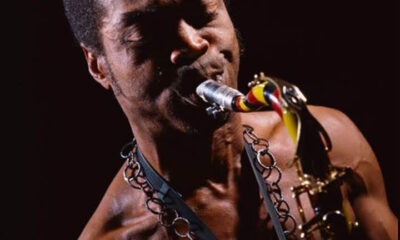
 ENTERTAINMENT3 days ago
ENTERTAINMENT3 days agoFela Aníkúlápó Kuti and His Crowned Princes —– By Prince Adeyemi Shonibare










